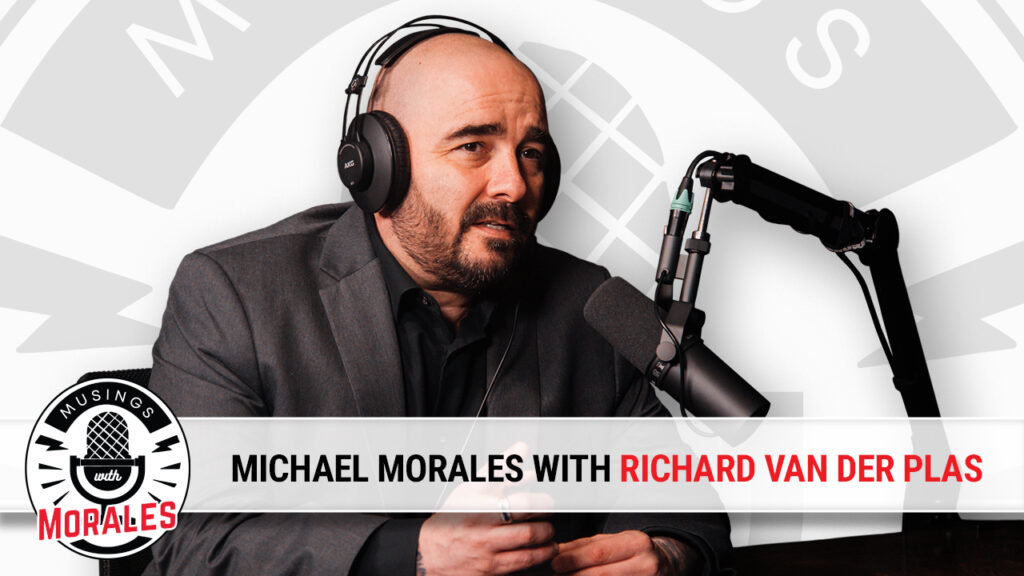In the latest episode of Musings with Morales, I shared my thoughts on the importance of work ethic, discipline, and continuous learning in healthcare. As we celebrated Labor Day, it felt fitting to reflect on the dedication of healthcare professionals, including dialysis technicians, who spend countless hours away from their families and passions to care for others. This blog post aims to capture some of the key points discussed in the podcast and emphasize why these qualities are vital for success in our industry.

The Value of Work Ethics in Healthcare
Work ethic is a cornerstone of any successful career, especially in healthcare. The podcast highlighted how the profession requires individuals to be committed not just to their jobs but to the well-being of their patients. It’s about showing up consistently, being punctual, and often going above and beyond what’s expected.
I recounted my experiences training new healthcare workers and how I found that those with a strong work ethic tend to outperform their peers, regardless of their initial qualifications. It’s often not about who has the highest IQ but who is willing to put in the effort to learn and grow.
Understanding the Role of Applied Knowledge
In healthcare, having a robust knowledge base is essential, but the application of that knowledge truly matters. We discussed how many healthcare professionals might know the technical aspects of their roles but fail to implement that knowledge effectively. This gap can lead to suboptimal patient care.
We need to encourage a culture where continuous learning is valued. Staying updated on best practices, regulations, and technological advancements is crucial. I challenged listeners to reflect on their commitment to lifelong learning and how they can incorporate it into their daily practice.
The Importance of Continuous Education in Healthcare
Healthcare is an ever-evolving field, and we must adapt accordingly as professionals. The podcast stressed the need for ongoing education—whether through formal continuing education courses, industry conferences, or informal learning from colleagues.
I emphasized that it’s not just about meeting the requirements for licenses or certifications; it’s about genuinely wanting to improve. Attending conferences like the National Association of Nephrology Technicians events or the ASN Kidney Week offers invaluable opportunities for networking and learning from experts across the industry.
Building a Supportive Community
We also touched upon the importance of mentorship and community in healthcare. Richard Van Der Plas, who recently celebrated 40 years in the dialysis industry, pointed out that having experienced professionals to guide newcomers is vital for their development. The knowledge exchange between seasoned professionals and new entrants can create a supportive ecosystem that fosters growth and enhances patient care.
Creating a culture where experienced dialysis technicians and nurses actively engage with and mentor their peers can help bridge the knowledge gap and empower the next generation of healthcare workers.
Final Thoughts:
A Call to Action
In closing, I encouraged healthcare professionals to evaluate their work ethic, commitment to learning, and willingness to mentor others. As we navigate the challenges of our profession, let’s strive to be the best we can be—not just for ourselves but our patients and the community we serve.
Remember, it’s not about having the highest IQ or the most impressive resume; it’s about applying what you know, working hard, and continually seeking opportunities to grow. As I often say, “The day I stop learning is the day I’m dead.”
If you’re interested in pursuing a career as a dialysis technician or want to learn more about dialysis technician courses and training, explore our programs and see how you can make a difference in healthcare.
Enjoyed this conversation? Support Musings with Morales on Patreon and help us continue sharing these meaningful stories.
